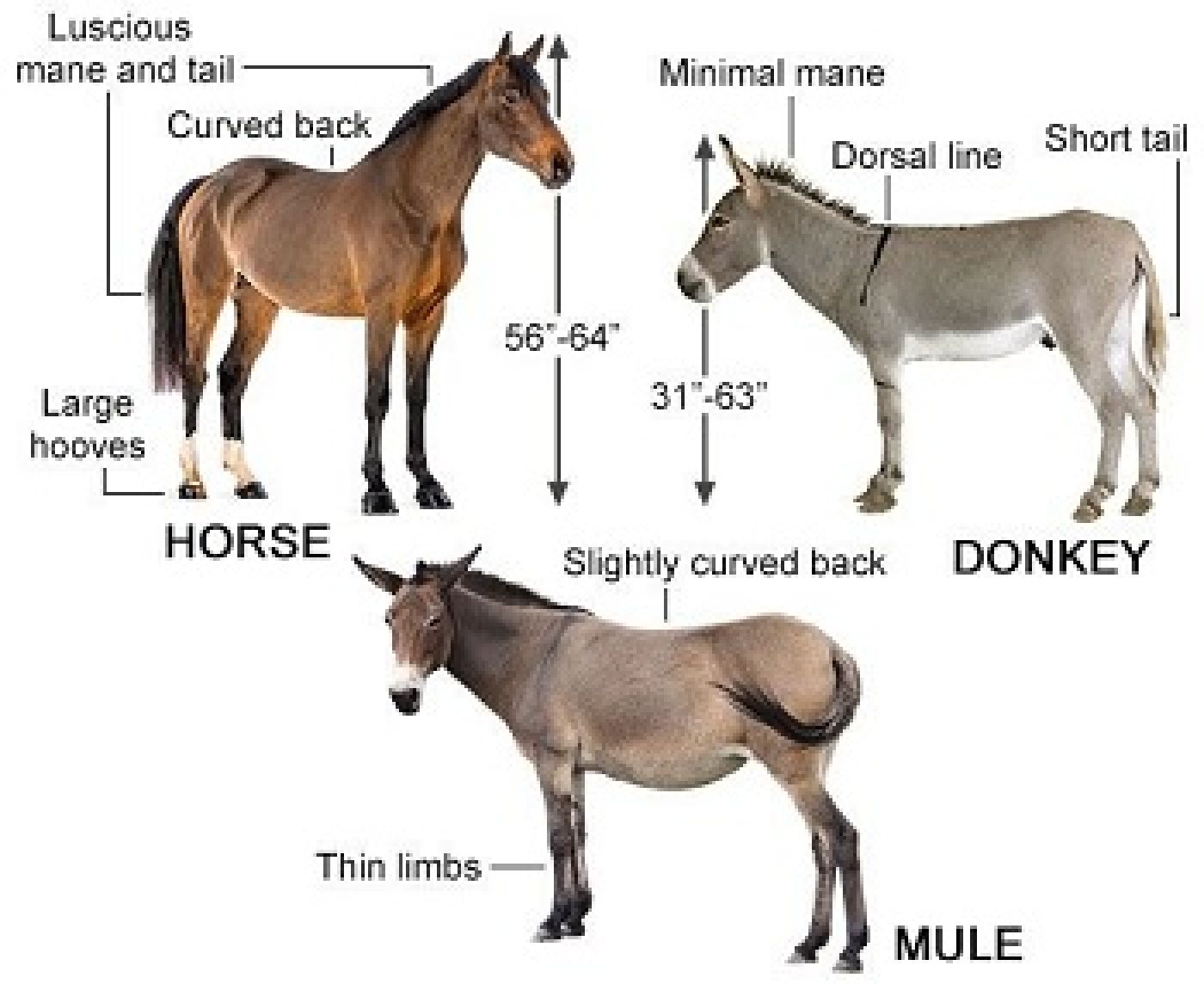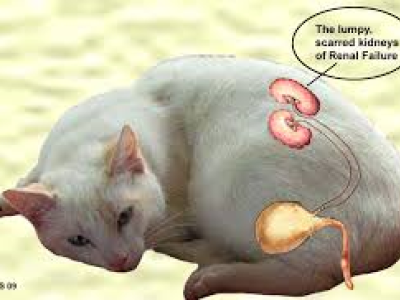Horse, Mule, Donkey, Pony?

It is a question for the ages-what is the difference between a horse, mule donkey and pony? We’re here to give you a helping hoof!
Horses, donkeys and zebras are entirely separate species; however, they have all evolved from the same family called equidae.
Here are some of the ‘mane’ differences between these four animals:
Horses are tall, fast and easy to train. Due to their speed and agility, they have been used throughout history in times of war or in games like polo. They have thin coats, short ears and long manes and tails. They are a pack animal that prefer to travel in groups.
Donkeys are intelligent, strong and cautious. They can carry up to twice their bodyweight, which means they are used for manual labour -e.g., pulling carts and carrying cargo. They are shorter than horses, have thicker coats, shorter tails and long ears. They are more independent than horses and harder to train. Males are called jacks, females are jennys and their gestation is 1 month longer than mares. Donkeys have a large muscle that covers the jugular vein. This means when taking blood samples or injecting medication, it must be done either high or low in the neck. Donkeys also have a lower rectal temperature than horses and have a diurnal variation in temperature. This means during the cool mornings their temp is lower and their maximum temp is normally at noon depending upon activity.
Mules are a very special mix – they have a donkey father and horse mother and they often inherit the best qualities of both. Mules can be faster than donkeys and more intelligent than horses and live a very long life. Mules born from a donkey mother and horse father are known as hinnys and tend not to be as strong as mules.
Ponies are horses, just a shorter variety. A fully grown pony will be below 1.44 metres at the highest part of its back. Ponies are typically very strong and can be gentle – therefore many are used to help children learn to ride.
These four animals all have unique differences making them special for individual reasons.


